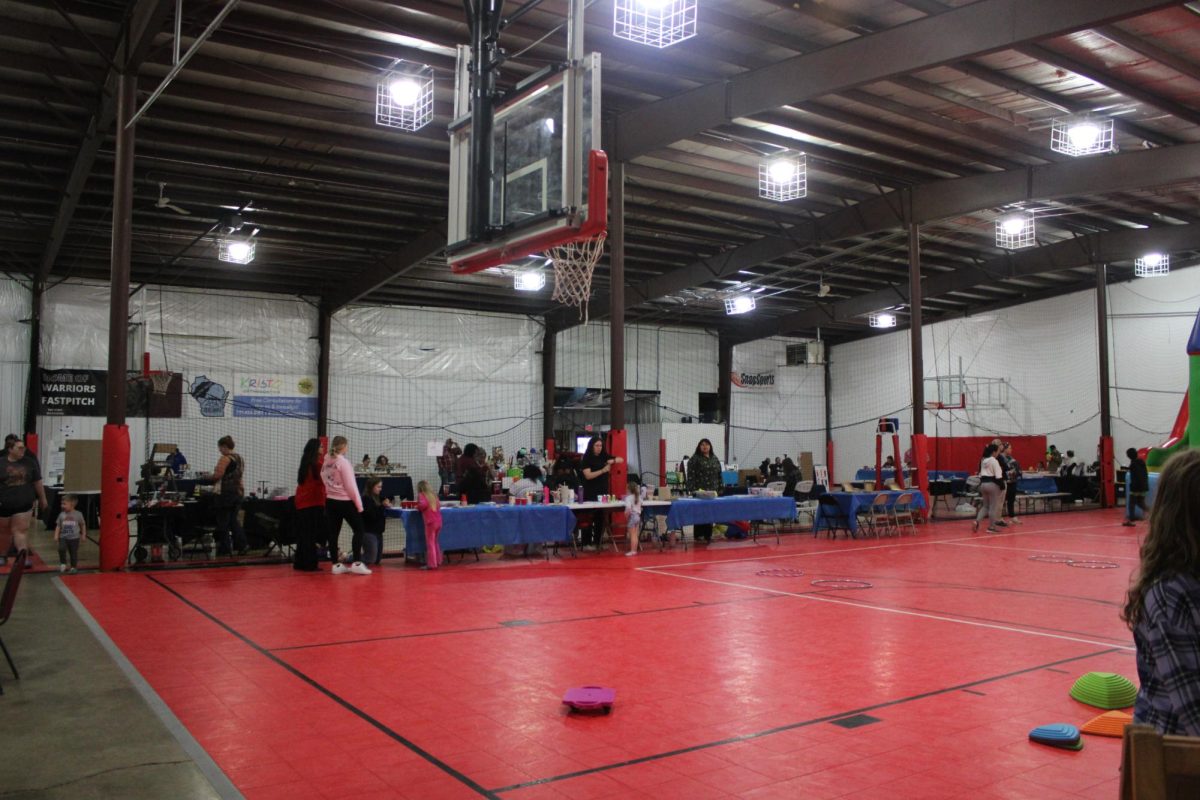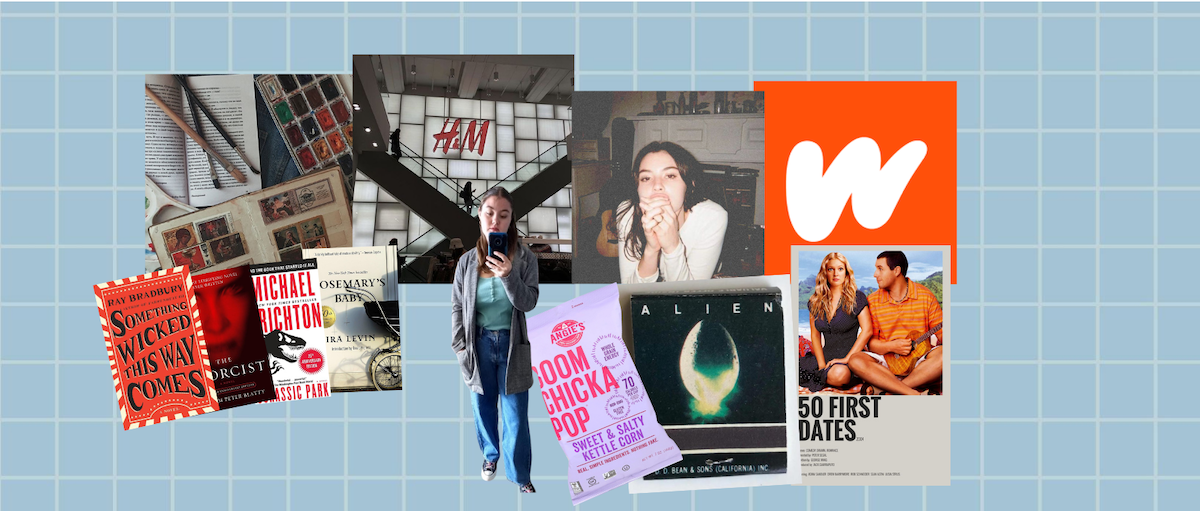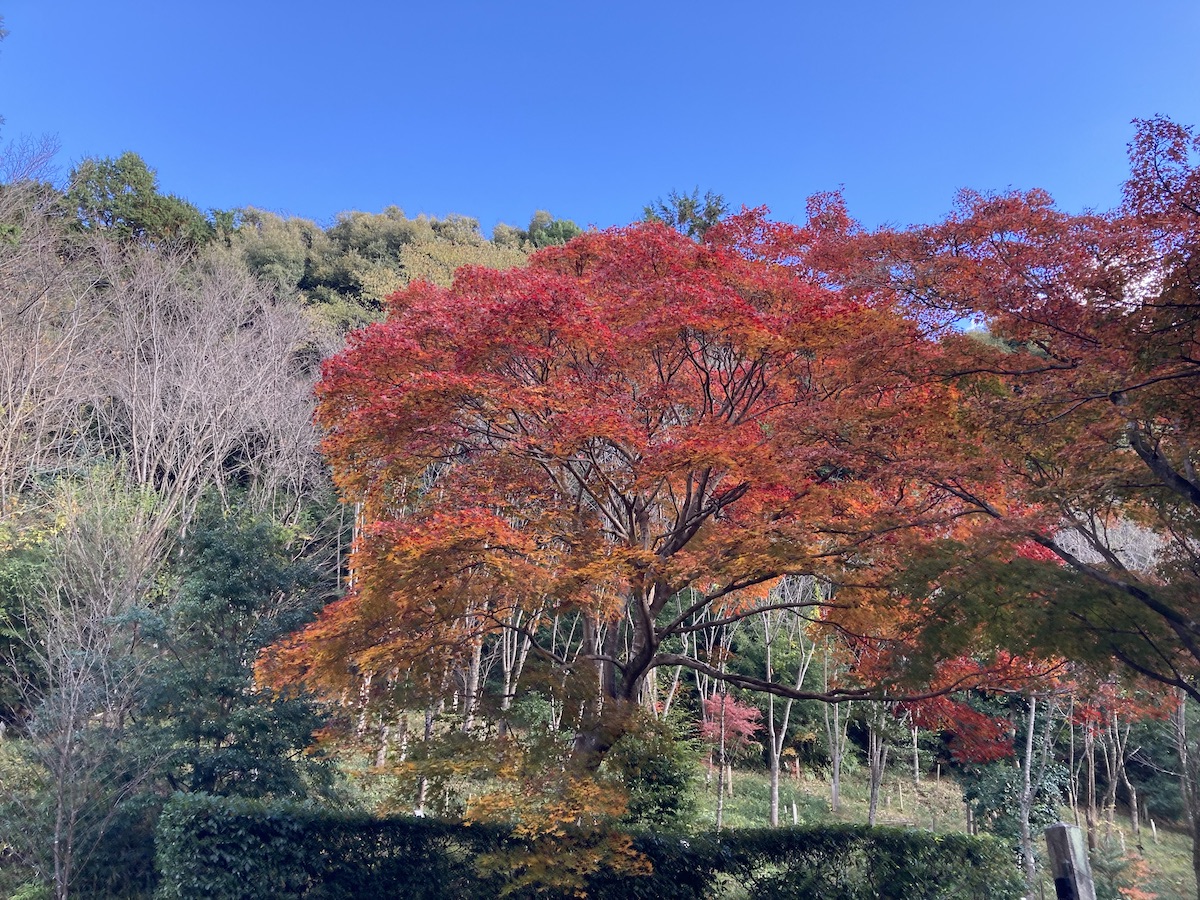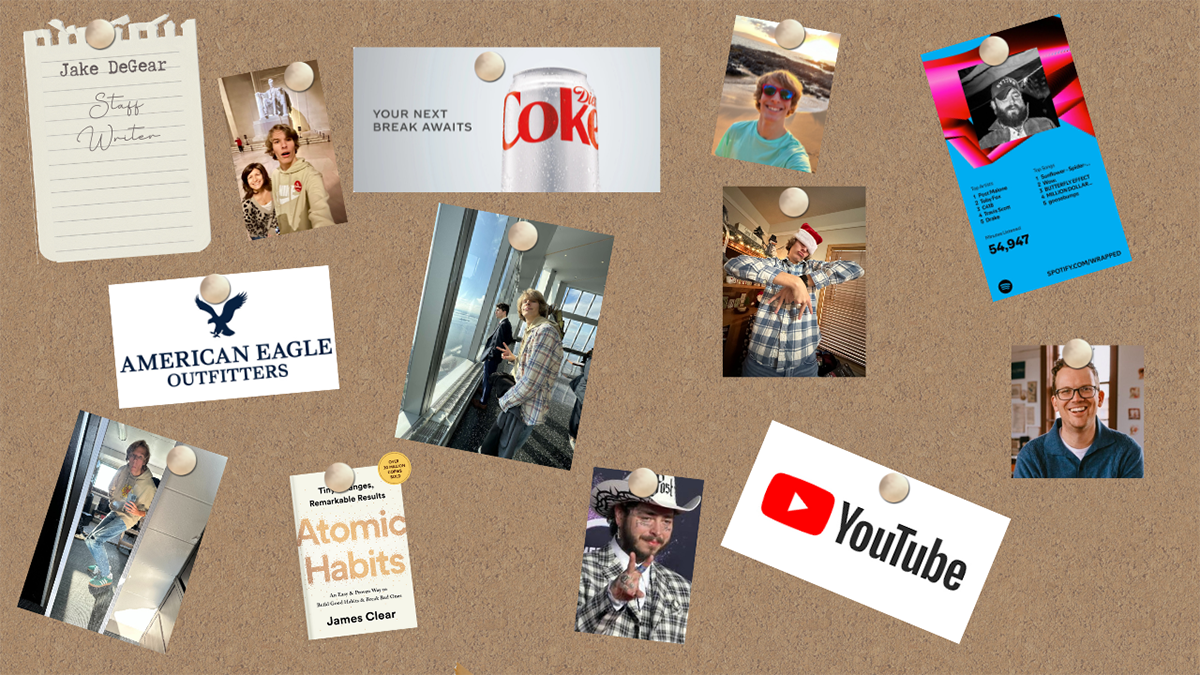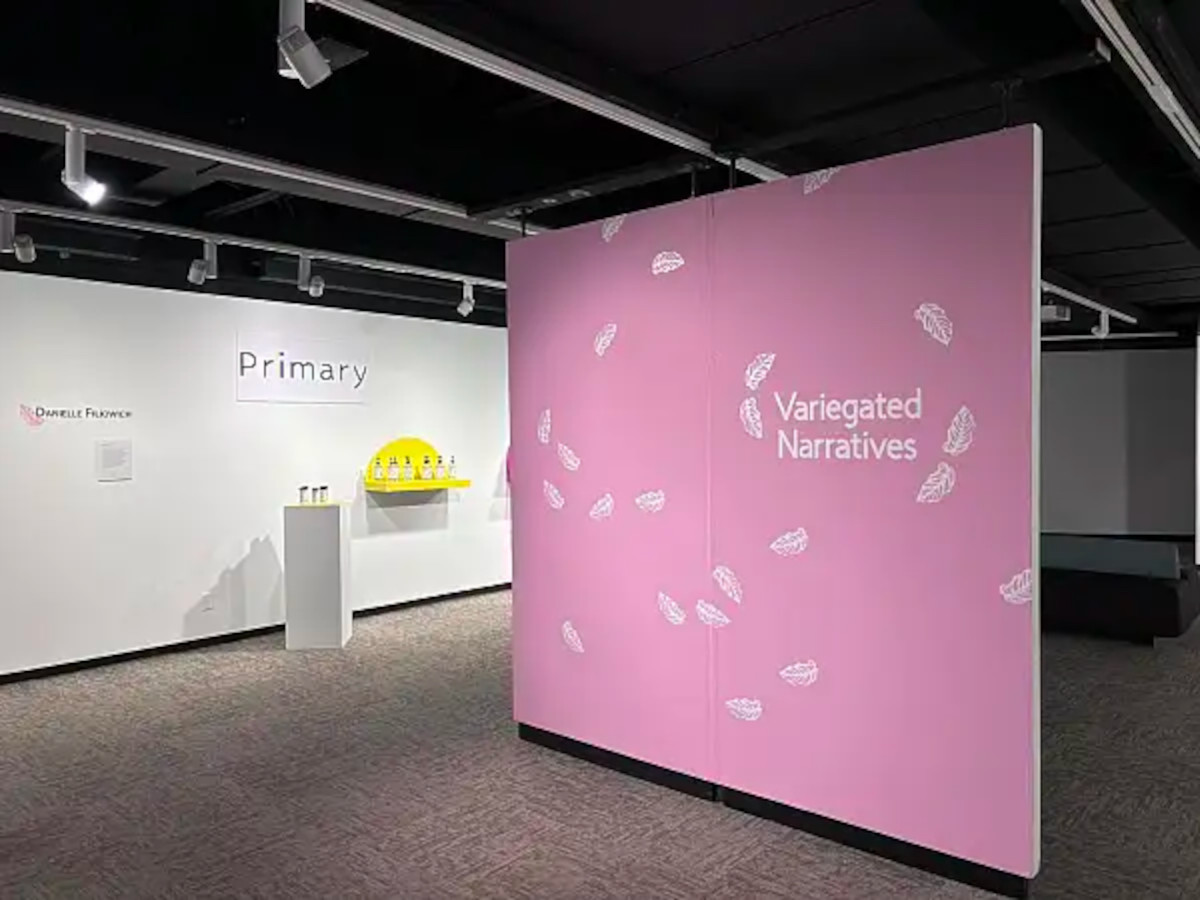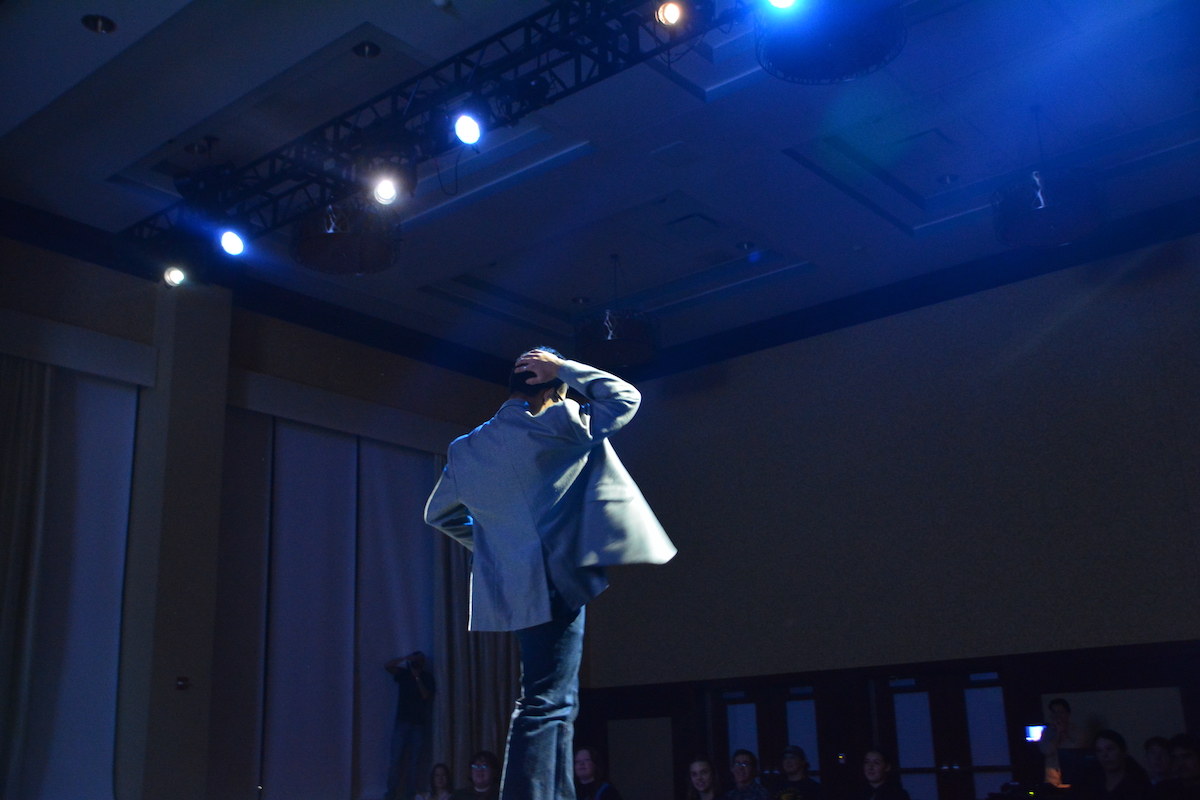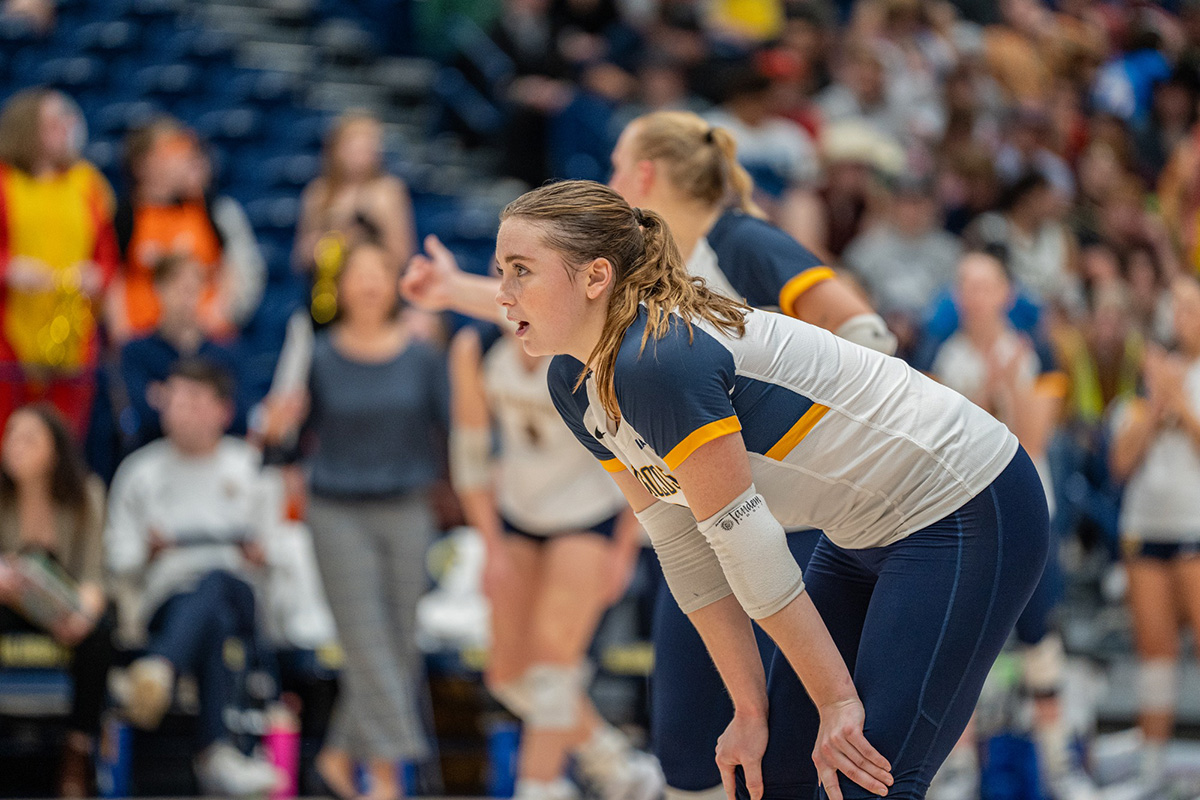UW-Eau Claire students from this semester’s women, gender and sexuality studies (WGSS) course, Women of the Civil Rights Movement completed their last project for the semester, while helping out the community in the process.
In the course, students learn about the different women that were involved with the civil rights movement.
Students registered are required to attend the Civil Rights Pilgrimage. A week-long pilgrimage through the south, exploring and learning about important historical locations related to the civil rights movement.
“One of the amazing things about studying history is that we have a blueprint for our mistakes and our successes,” said Jodi Thesing-Ritter, director for the Center for EDI training, Development and Education and instructor for the course.
“I love it that our students get to meet with change makers,” Thesing-Ritter said. “Charles Person speaks to us while we’re on the pilgrimage and he says, ‘what will you get on the bus for?’ It’s pretty hard not to get on the bus for something.”
Once students return, they’re tasked for their final project with addressing an issue of inequality. The issues that the groups chose to focus on was food insecurity and how food insecurity leads to the criminalization of youth in underprivileged communities.
The students chose to raise awareness for these issues by doing a creators market, where local vendors and small businesses could come together and sell their products. All the proceeds went to benefit Feed My People Food Bank.
First-year student Noah Reedy was one of the event organizers. Assisting with research, contacting the vendors and working with the other students to make the event.
“Through our research we found information about how Eau Claire has the second highest rates of food insecurity. Second to Milwaukee. That’s crazy to me because we are nowhere near Milwaukee or Madison in size and we have the second most need for food.” Reedy said.
Fourth-year Mia Johnson was part of the group addressing food insecurity. Johnson said growing up her and her family experienced food insecurity and relied on food banks, so this topic was one she wanted to highlight.
“7.4% of white households in Wisconsin were food insecure. 21.4% of the hispanic households in Wisconsin were food insecure. And even higher than that, 32.6% were people from Black households. That’s comparable to the nationwide percentage of 8.8%.” Johnson said.
Johnson said that this was something that was important to highlight, as not only are families struggling, but they’re struggling to support their children, something that Feed My People is taking part in helping reduce those numbers.
The creators market featured tables of local businesses selling jewelry and hair care products, as well as an area for families to bring their children where they could make bracelets, do face painting and have fun in bouncy castles.
“Every year I’m so impressed with the social change projects that students come up with. People are passionate about so many different things and I love that they have the opportunity to have those passions be merged together,” Thesing-Ritter said.
To learn more about the course, you can find more information at https://catalog.uwec.edu/courses/wgss/
Agbara can be reached at agbarac5401@uwec.edu.


